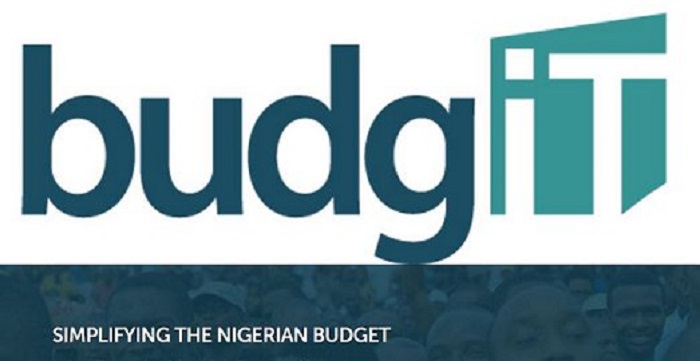34 states can’t fund expenditures with IGR -BudgiT
With the exception of Lagos and Rivers states, the remaining 34 states of the federation cannot fund their budgets and other expenditures with their internally generated revenue (IGR). This is contained in the BudgIT’s 2024 State of States fiscal performance report themed ‘Moving Healthcare Delivery from Suboptimal to Optimal’, formally released on Tuesday in Abuja. […]

With the exception of Lagos and Rivers states, the remaining 34 states of the federation cannot fund their budgets and other expenditures with their internally generated revenue (IGR).
This is contained in the BudgIT’s 2024 State of States fiscal performance report themed ‘Moving Healthcare Delivery from Suboptimal to Optimal’, formally released on Tuesday in Abuja.
While Rivers State topped the BudgIT’s 2024 fiscal performance ranking for Nigerian states, Cross River and Kwara states entered the top five, while Ebonyi and Kaduna exit the elite rankings; and Jigawa State fell to the bottom, replacing Zamfara State in the rankings.
The 161-page report said, “Both Rivers and Lagos states were the only states able to fully fund their operating expenses through internally generated revenue (IGR), with Rivers achieving a 121.26 per cent IGR-to-operating expense ratio and Lagos at 118.39 per cent.
- US, Nigeria partner to boost peace structures in conflict zones
- Chinese national remanded over forgery, property destruction
“Kebbi State recorded the most significant improvement, climbing 12 spots to 26th, while Jigawa saw a sharp decline, dropping 16 places to 36th. Most other states depend heavily on federal transfers, with 32 states relying on federal allocations for over half their revenue.”
Iniobong Usen, BudgIT head of research and policy advisory, said there was a need for states to heavily invest in infrastructure and human capital development.
Also, Gabriel Okeowo, country director, BudgIT Foundation, said the report is aimed to spark a conversation about the need for subnational governments to prioritise resource management and investments in critical sectors, such as health.
The Director General of the Nigeria Economic Summit Group (NESG), said that it is important to focus on sustainable health provision in Nigeria, rather than the likely unrealistic free health care for all Nigerians.
The BudgIT report said the metrics include index A, which examines states’ ability to meet operating expenses (recurrent expenditure) with only their internally generated revenue.
“Index A1 looks at the percentage year-on-year growth of each state’s IGR. Index B reviews states’ ability to cover all operating expenses and loan repayment obligations with their Total Revenue (Internally Generated Revenue + Statutory Transfers + Aids and Grants) without borrowing,” the report said.
It said that Kebbi State achieved the most remarkable improvement, jumping 12 places from 28th to 26th, while Jigawa state experienced the steepest decline, dropping 16 spots to land at the 36th position. Rivers and Lagos were the only two states that generated more than enough IGR to cover their operating expenses, with IGR to operating expense ratios of 121.26% and 118.39%, respectively.
